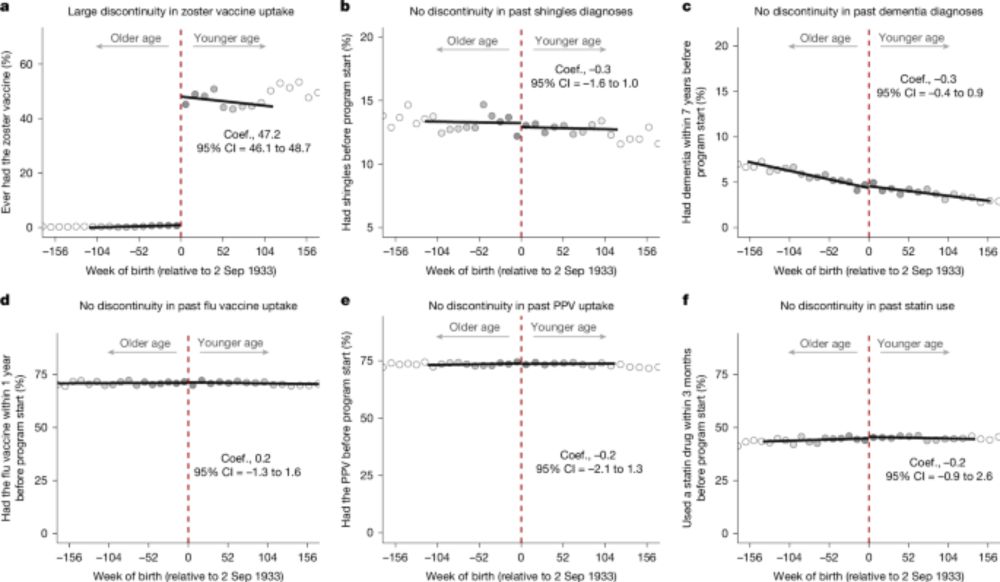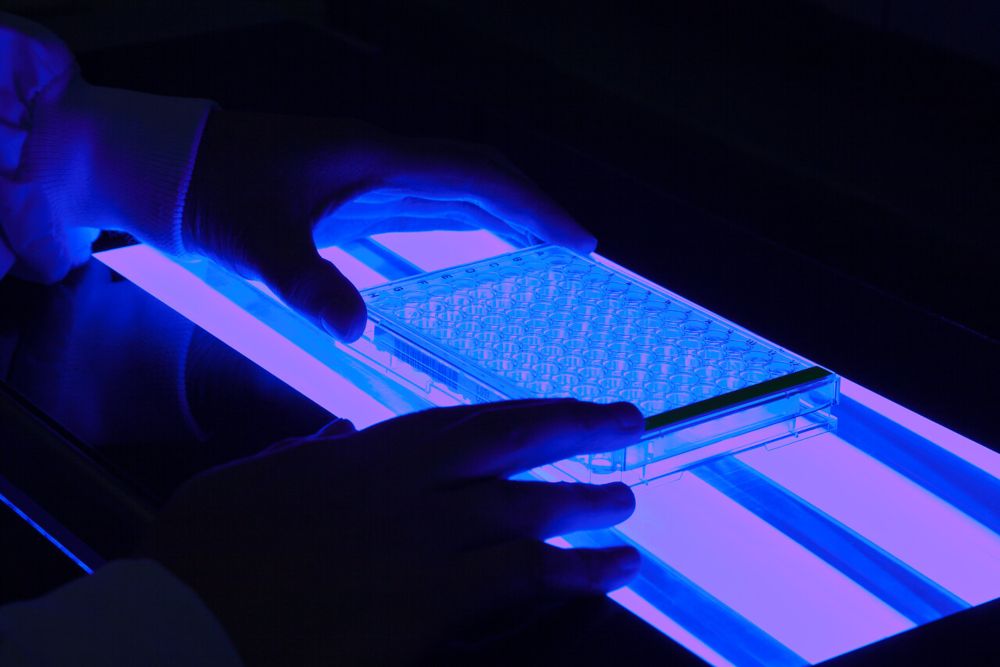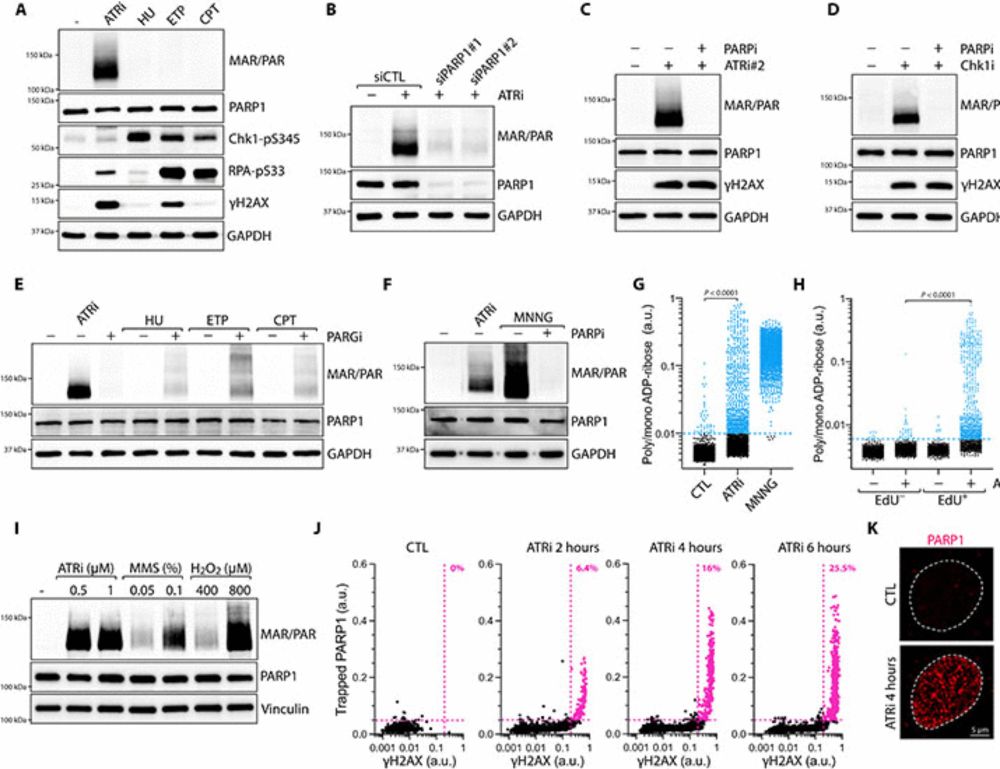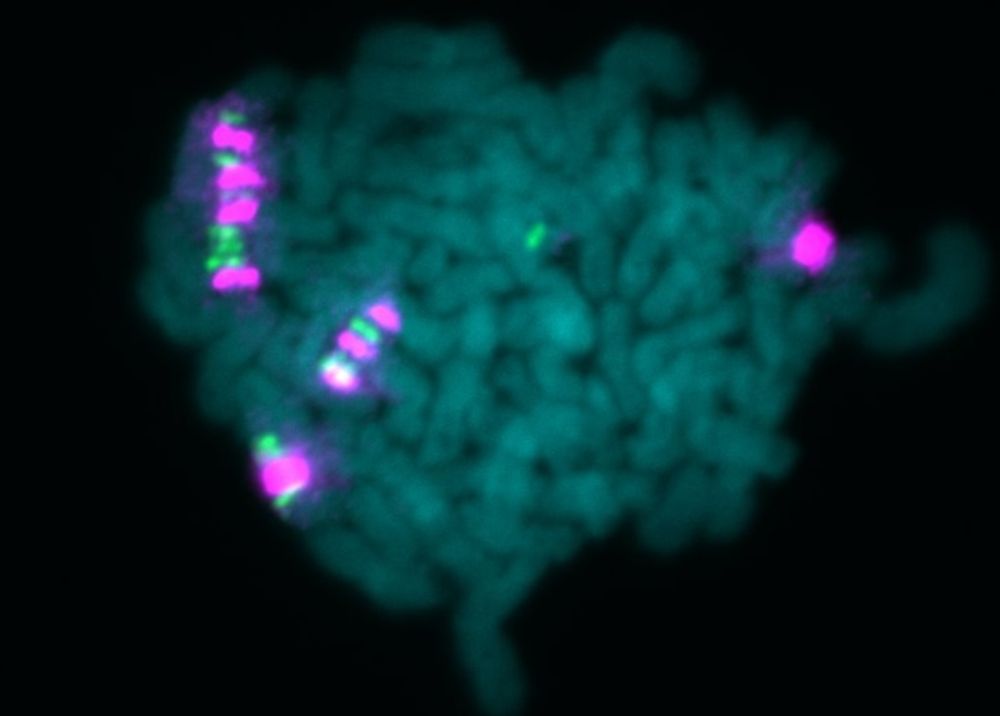Debbie Caswell
@caswelldrm.bsky.social
67 followers
40 following
13 posts
Principal Research Fellow @UCL | Lung cancer prevention laboratory
Posts
Media
Videos
Starter Packs
Reposted by Debbie Caswell
Reposted by Debbie Caswell
Reposted by Debbie Caswell
Reposted by Debbie Caswell
Debbie Caswell
@caswelldrm.bsky.social
· Jul 29
Debbie Caswell
@caswelldrm.bsky.social
· Apr 17
Debbie Caswell
@caswelldrm.bsky.social
· Apr 11
Reposted by Debbie Caswell
Markus Eyting
@meyting.bsky.social
· Apr 2

A natural experiment on the effect of herpes zoster vaccination on dementia - Nature
Using a natural experiment that avoids common bias concerns, this study finds that the live-attenuated shingles vaccine reduced the probability of a new dementia diagnosis within a follow-up period of...
www.nature.com
Reposted by Debbie Caswell
Reposted by Debbie Caswell
Reposted by Debbie Caswell
Reposted by Debbie Caswell
Debbie Caswell
@caswelldrm.bsky.social
· Mar 27


















